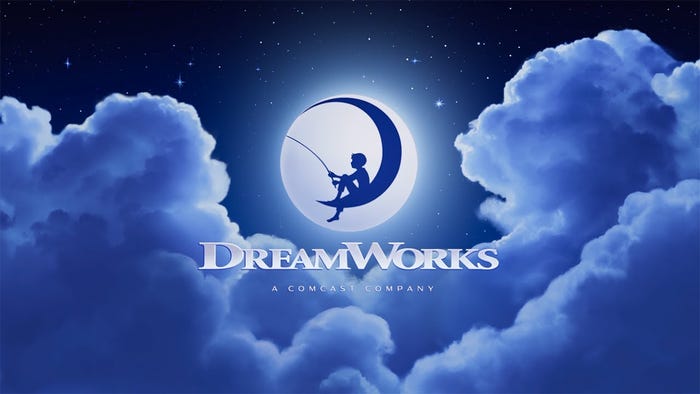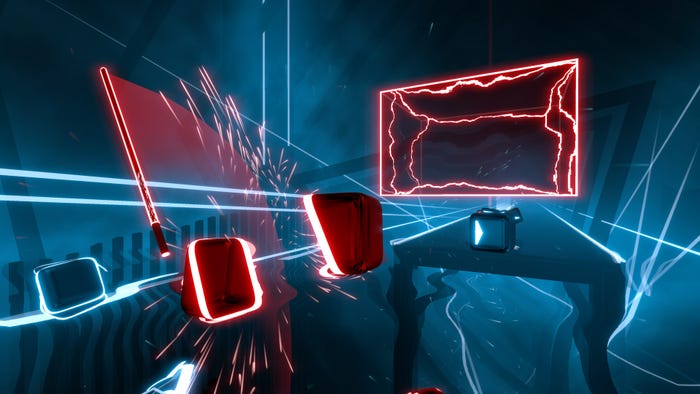
Featured Blog | This community-written post highlights the best of what the game industry has to offer. Read more like it on the Game Developer Blogs.
Idea People? | So You Wanna Be A Game Designer? (#1)
During my time in the industry, I had to interview and review tests of many aspiring designers. What I've noticed is that there are a lot of misconceptions potential juniors have, so I decided to create a series dedicated to these misconceptions.

VIDEO TRANSCRIPT
During my time in the industry, I had the pleasure of interviewing and reviewing tests of many Junior Game Design applicants. And as such, throughout the years I did see a number of consistently repeating misconceptions regarding the Game Design profession, which I believe require some mythbusting. Thus, this series was born. Welcome to the first episode of, ‘So You Wanna Be a Game Designer?’
Because Game Design is not a very tangible activity, a lot of people don’t have a clear understanding of what designers do, except for the fact that, being designers, they somehow influence the final shape of a game. As such, many who are actively trying to get hired as a starting game designer are full-on certain that the main prerequisite is to have ideas.
If you have applied for any design position, take a look at your resume, cover letter or test, and check if you have said any of the following:
“I have tons of cool ideas!”
“I am very good at generating interesting ideas.”
“I’ve got an idea that I haven’t seen anywhere and I think your studio has the resources to implement it.”
By the way, you won’t believe how many times we have seen or heard that last one, and if the first two are still acceptable to hear from a potential junior, the third line won’t get you anywhere as it’s a big red flag regarding your attitude.
But, I digress. Here’s the thing. Abstractly speaking, you can be an amazing game designer without generating a single idea. Of course, generating ideas is what they do naturally, but it’s not what the job is about.
Everyone has ideas. And in all team projects, ideas are generated by absolutely everyone. So if you want to get into Game Design, here is the first thing you need to understand as quickly as possible: a Game Designer is NOT an idea person. The job is not about spitting out ideas and in your great wisdom telling everyone else which one of these to implement.
So if Game Designers are not idea people, then who are they? Well, they’re problem solvers. Regardless of what kind of game you’re playing, whether you explore the plains of Hyrule in Zelda, or kill demons in Doom, your experience, your emotions, your memories are a result of interactions between many different systems underneath the game, and each of those elements had tons of questions that had to be answered. Game Designers are the people answering those questions.
It’s impossible not to mention here ‘The Door Problem’ article by Liz England, a designer from the Watch Dogs: Legion team which we’re both working on at Ubisoft. In the article she lists all kinds of questions designers are facing when a door gets added to the game. The link is in the description if you want to check it out in detail. But suffice it to say, there’s all these things that players don’t even think about, and don’t have to, that go into just making doors work.
Now, Game Designers are responsible for defining said questions and making sure they’re answered, but they’re not answering them alone. They’re doing it in collaboration with programmers, level artists, writers, sound designers, and everyone else in the team, because there’s a lot of things to consider outside of just what you think is best abstractly speaking.
It’s also important to note that a lot of times designers act as diplomats, having to help find common ground between the needs of all parts of the project. It is not uncommon, through interdisciplinary discussions, to find better solutions than when each particular job family thinks about things on their own.
So with all that in mind, where do ideas come in? Well, every project has a vision. Which is essentially a definition of what kind of experience we as developers want to provide for the players. In other words - creative direction. And every feature, every facet of the game comes from a source - an idea. But you don’t just start developing all cool ideas, because not all will fit the direction.
So first things first, Game Designers act as a filter to make sure that unfitting ideas don’t get the green light, while those that support the vision are acted upon. After which follows the process of nurturing - defining all the questions we’ve talked about, answering them, collaborating with the rest of the team while doing so, iterating, testing, and making sure that the player-facing resulting experience fits the vision the developers are trying to do under the hood through all the systems and mechanics of a game.
Douglas Gregory, one of my fellow designers from Ubisoft, in one of his talks utilized a definition I really like: that designers are more like Idea Shepherds. That rather than being a generator of ideas that other people have to do, designers tend to the flock of ideas that the team has raised, guiding and grooming those, herding into a cohesive experience and moving toward a common goal defined by the game’s creative direction.
I hope that with the help of this video you have a clearer understanding of what a game designer does, and why, if you want to become one, just having cool ideas is not enough. And throughout the rest of the series, we will take a look and discuss many other parts of the design process that many aspiring designers don’t know about when starting.
Thank you all for watching. A special thank you goes to my patrons! And to Douglas in particular for the concept of Idea Shepherd. If you’d like to support my channel, feel free to do so at patreon.com/farlands. And regardless, don’t forget to like, subscribe, and click on that bell button! Thank you very much.
Read more about:
Featured BlogsAbout the Author(s)
You May Also Like













